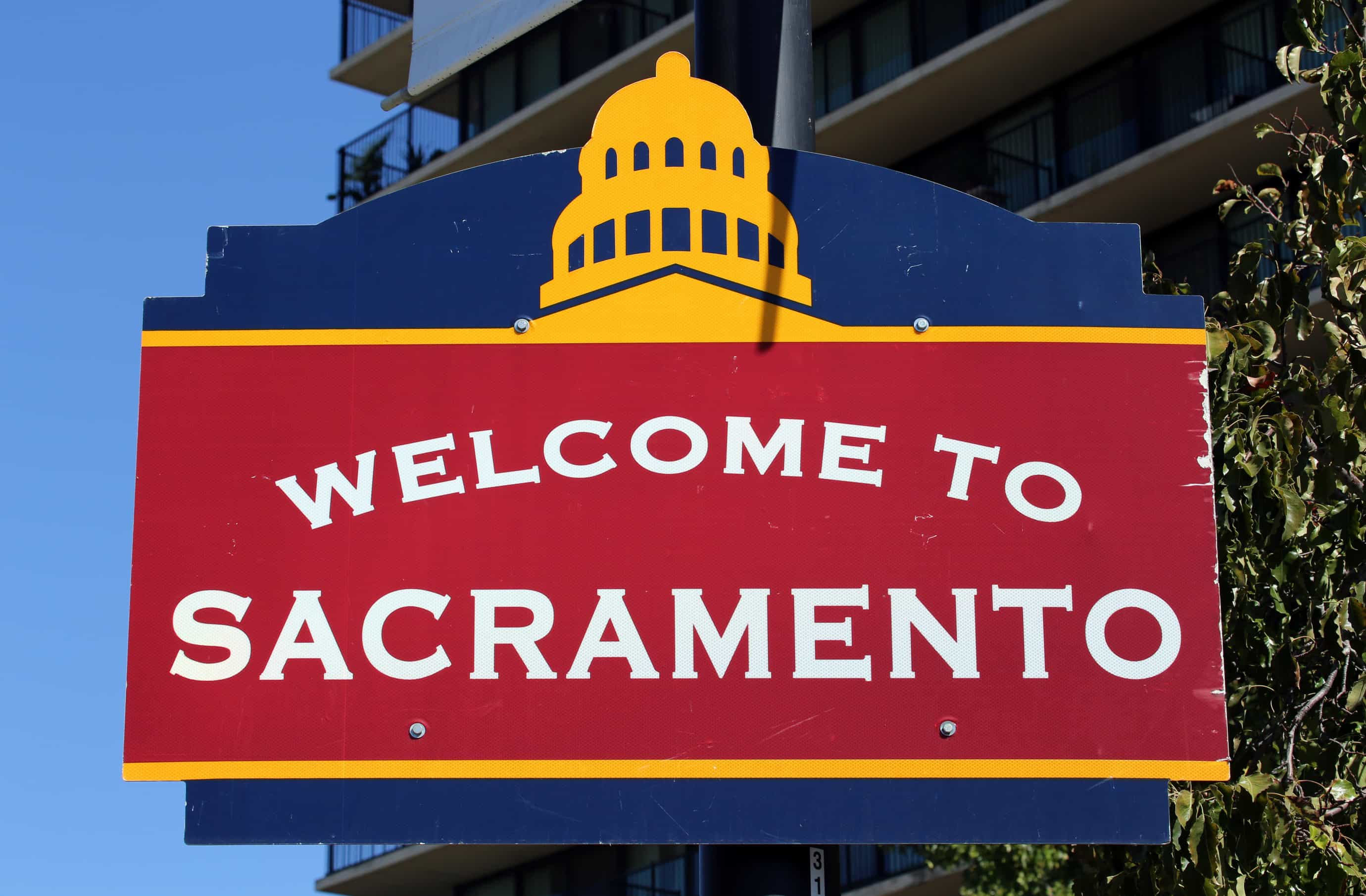HRC announces launch of new transgender equality initiatives
Initiatives will focus on economic empowerment, workforce development, and combating anti-trans violence

The Human Rights Campaign has announced the launch of several new initiatives designed to specifically meet the needs of the transgender community, with emphasis on community members who are impacted by racism, sexism, and transphobia.
The announcement comes the day before the National Trans Visibility March, which is expected to draw more than 4,000 transgender people and allies to Washington, D.C. on the morning of Sept. 28.
Alphonso David, who recently became the first person of color to head the Human Rights Campaign, is expected to attend and speak at the march, along with several other speakers.
“We are in the midst of a national crisis,” David said in a statement. “People are dying, and the response must be swift, strong, and rooted in solutions the transgender community is rightfully demanding.”
He continued: “In meetings with activists all over the country, time and again I have heard about systemic failures that are pushing many transgender people out of a job, on to the streets and into desperate and dangerous situations for survival.
“Through this new initiative, we aim to help change these realities. Change will not come overnight and it will not come from any single organization or person. But the Human Rights Campaign will be a part of the work to help build the capacity of leaders already on the frontlines of this fight.”
Over the past 10 years, HRC has become more vocal about transgender-specific issues, advocating for passage of nondiscrimination protections in various states, and calling out anti-transgender violence, particularly that which targets transgender women of color.
But the organization realizes it has more work to do to address the barriers to employment, housing, and safety that transgender people face in their daily lives.
According to the 2015 U.S. Transgender Survey, transgender people of color also experience higher levels of unemployment than their white counterparts, and are nearly four times more likely to be unemployed than the general population. Latinx and black transgender individuals also experience higher rates of poverty.
Many transgender people also struggle with suicidal ideation, with 40% of transgender people reporting that they have attempted suicide at some point in their lives.
And at least 20 transgender people in the United States have been killed so far this year, 19 of whom were women of color — underscoring the severity of the epidemic of violence affecting trans people in this country.
To address some of these issues, HRC’s new initiatives will focus on economic empowerment, capacity-building programs, the establishment of targeted task forces in places with high rates of anti-trans violence, and expanded public education campaigns.
As part of its push for economic empowerment, HRC will partner with the national job placement and workforce development organization Trans Can Work.
Through that partnership, HRC hopes to match transgender people with job opportunities by holding trainings and career fairs in five major U.S. cities over the next year.
HRC is also expanding its professional development programs for transgender advocates, activists, and people of color. For example, it recently launched ELEVATE, a program for 10 transgender people of color in the public health fields.
In 2020, HRC also plans to launch ACTIVATE, a fellowship program for trans people in jurisdictions with high rates of anti-trans violence, which focuses on developing leadership skills and is geared toward people pursuing employment in the nonprofit sector.
To address the issue of anti-trans violence, HRC will be working with community leaders to pilot task forces in five to seven communities that have been impacted by anti-trans violence.
The organization will also be launching a campaign, utilizing various media platforms and strategies, to raise awareness of anti-trans violence and spark important conversations about how to combat it.
To educate the public about transgender issues — including the aforementioned awareness campaign, HRC will engage parents and faith communities of color to share real stories about transgender people’s life experiences.
As it already does, HRC will also be pushing for legislation, both at the federal and state level, to pass nondiscrimination protections for transgender people, hate crime protections, and outlaw “trans panic” defenses. And it will support activists fighting to decriminalize sex work in cities like New York City and Washington, D.C.
Read more:
Police arrest suspect accused of attacking trans woman in Northwest D.C.
Virginia congresswoman reiterates call for Ben Carson’s resignation
Pro-Matt Bevin group runs scare ad on transgender athletes in Kentucky governor’s race
Support Metro Weekly’s Journalism
These are challenging times for news organizations. And yet it’s crucial we stay active and provide vital resources and information to both our local readers and the world. So won’t you please take a moment and consider supporting Metro Weekly with a membership? For as little as $5 a month, you can help ensure Metro Weekly magazine and MetroWeekly.com remain free, viable resources as we provide the best, most diverse, culturally-resonant LGBTQ coverage in both the D.C. region and around the world. Memberships come with exclusive perks and discounts, your own personal digital delivery of each week’s magazine (and an archive), access to our Member's Lounge when it launches this fall, and exclusive members-only items like Metro Weekly Membership Mugs and Tote Bags! Check out all our membership levels here and please join us today!
























